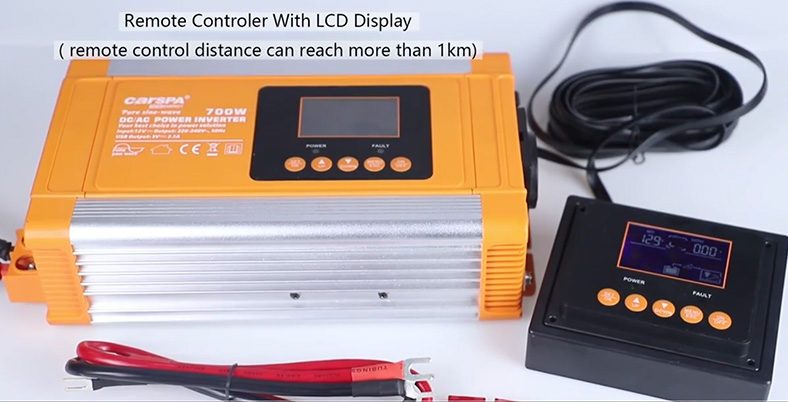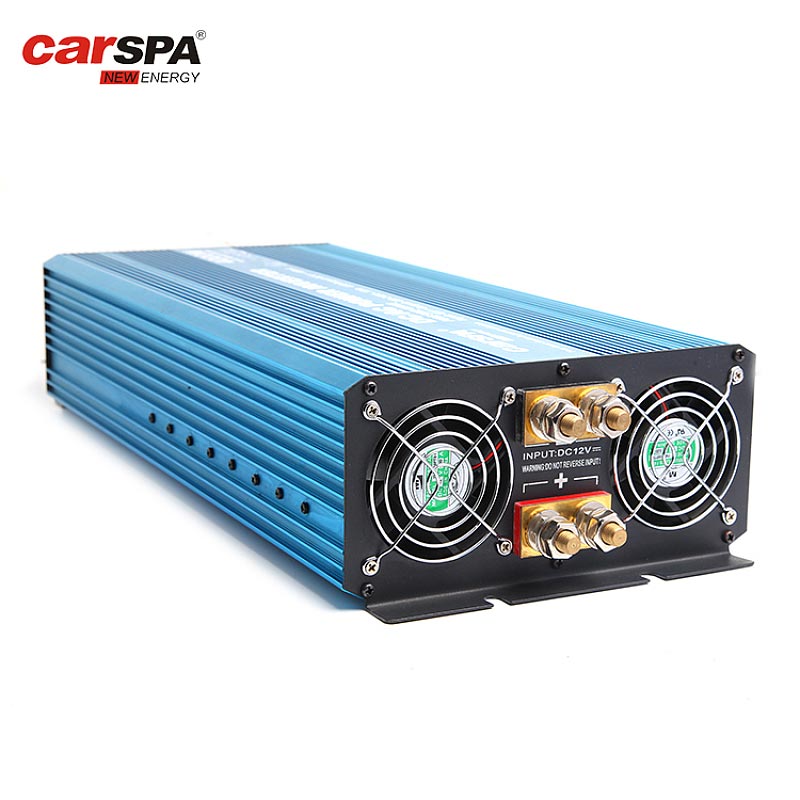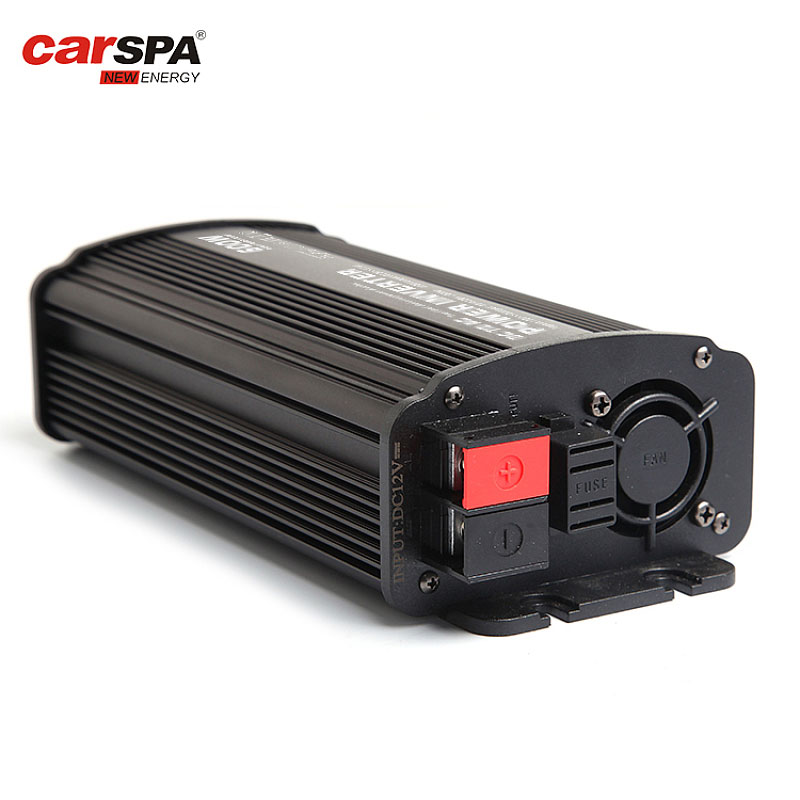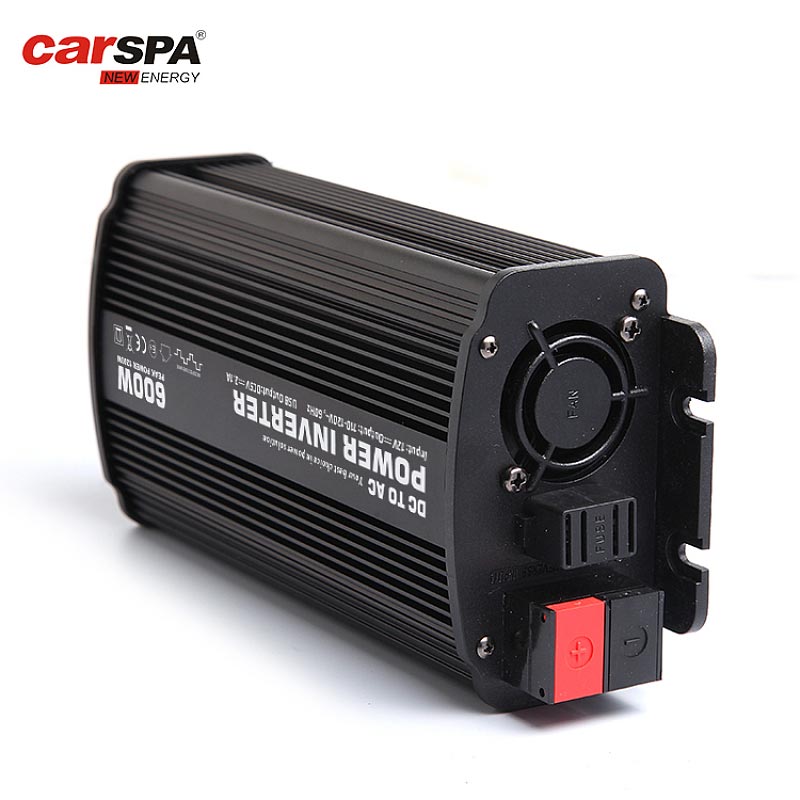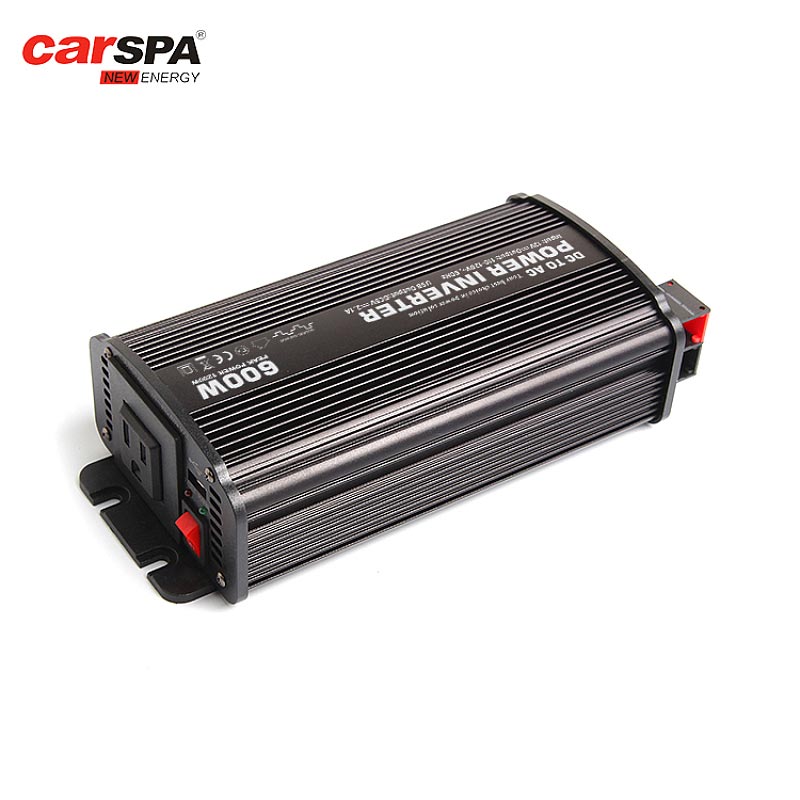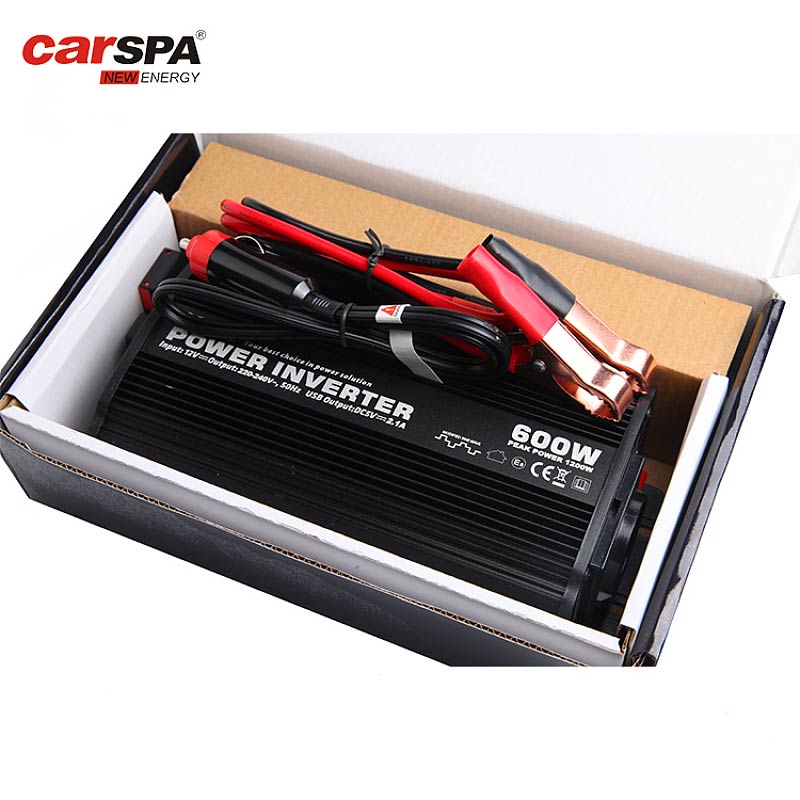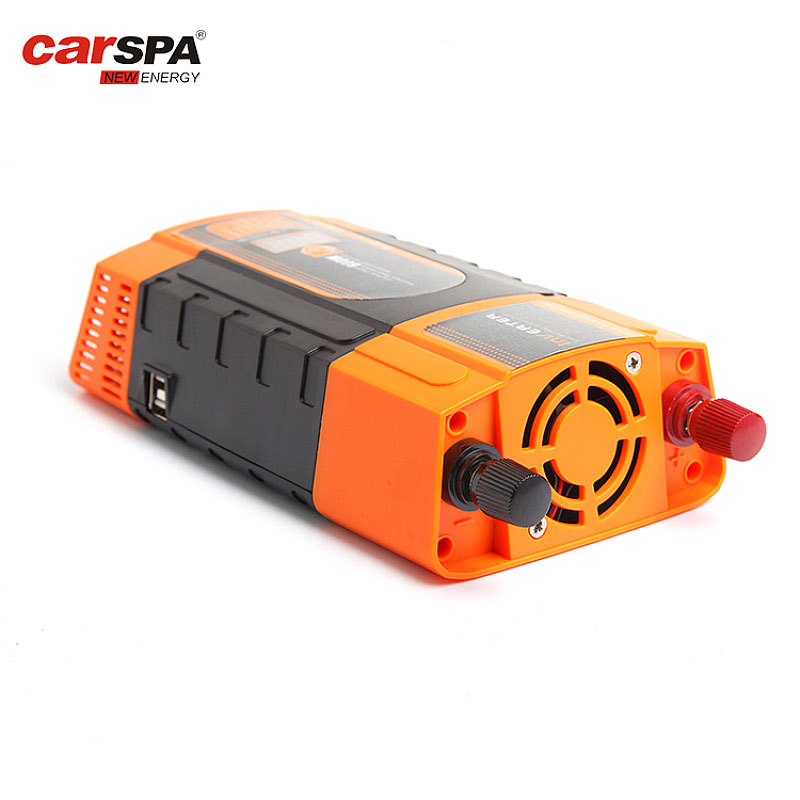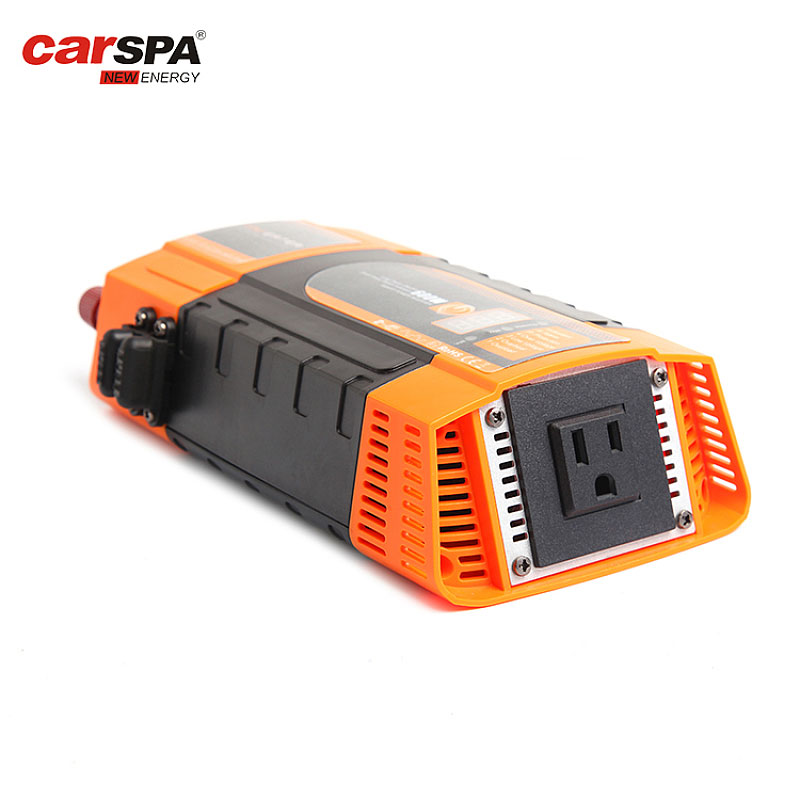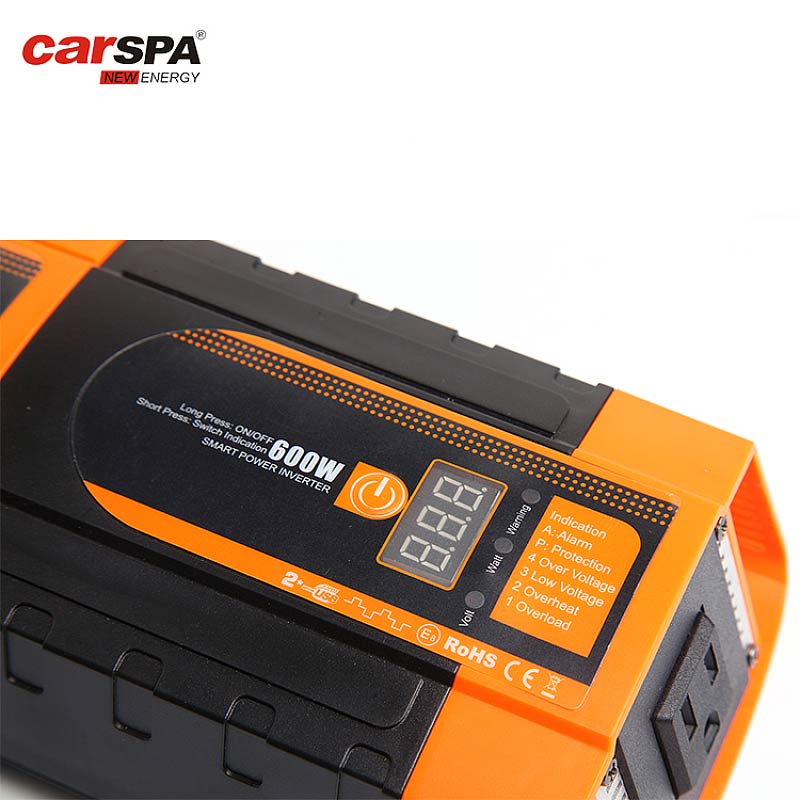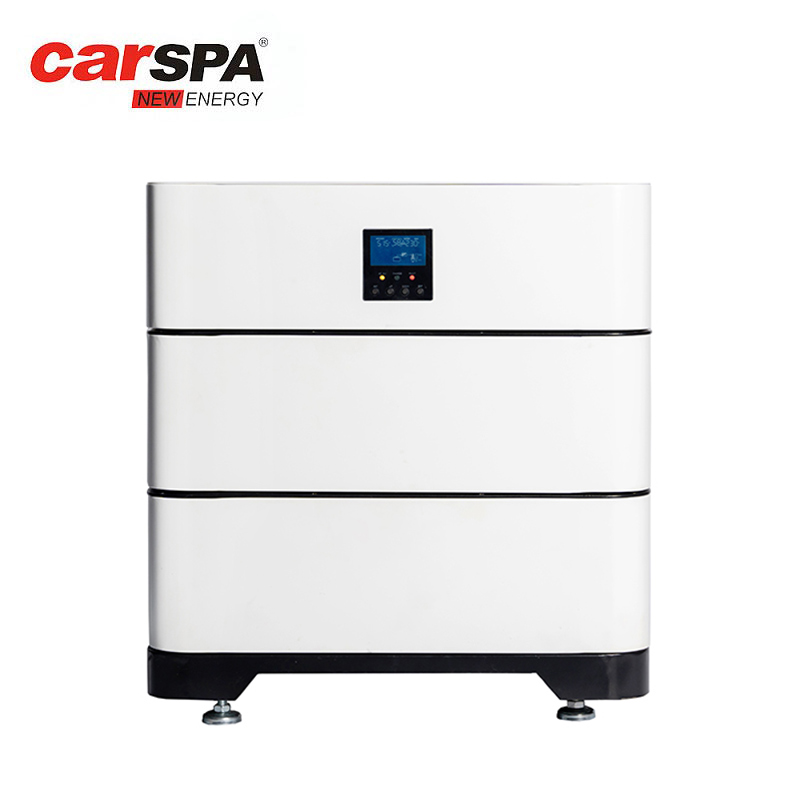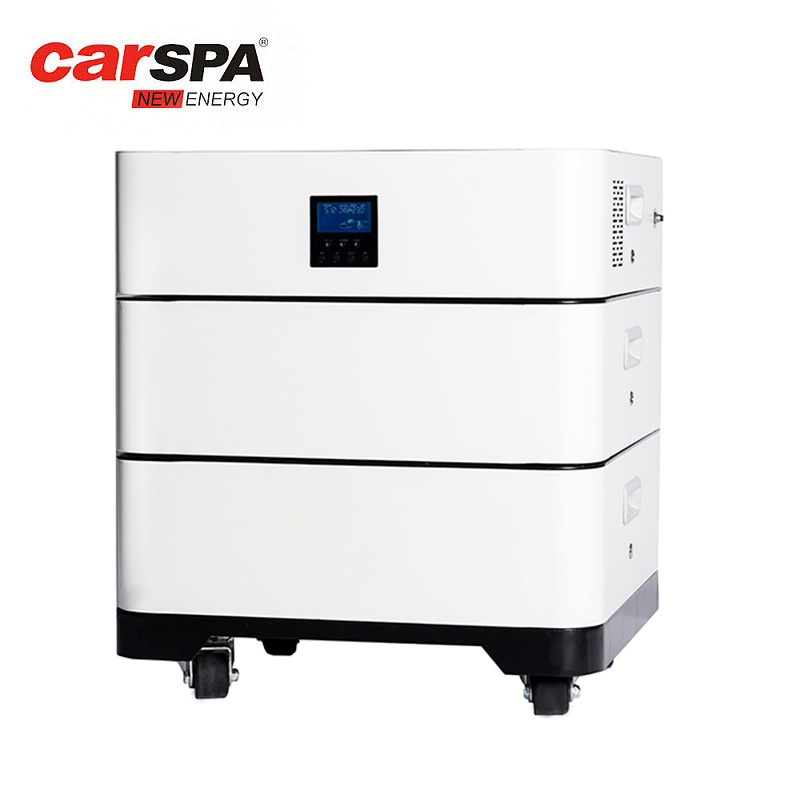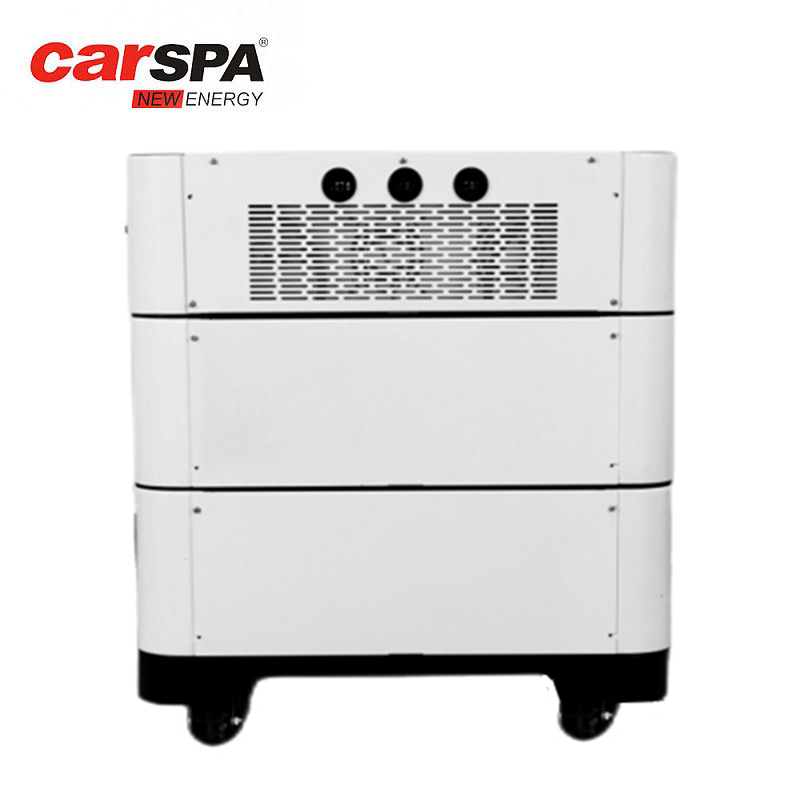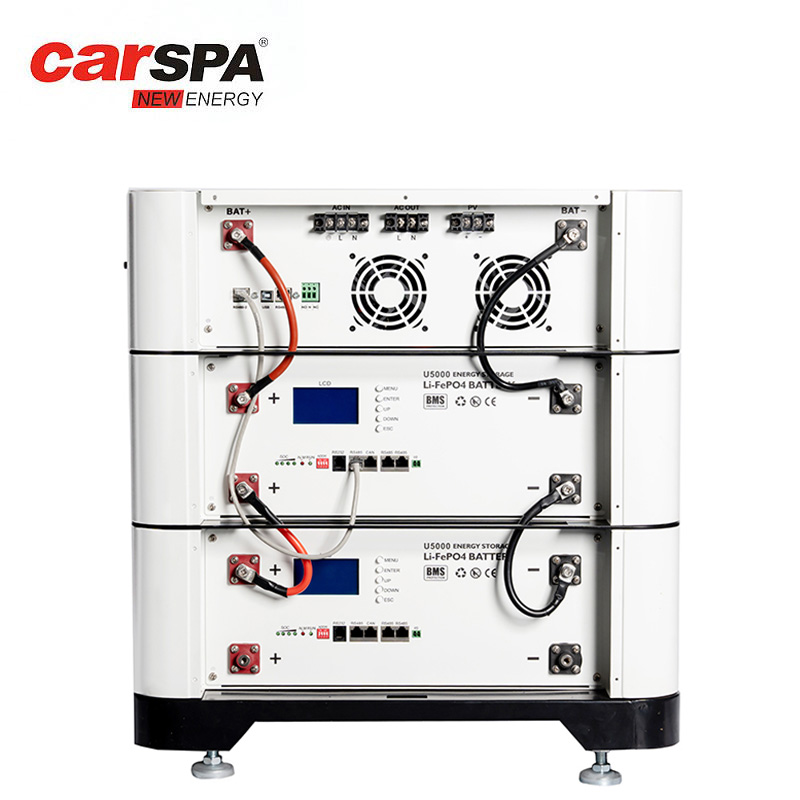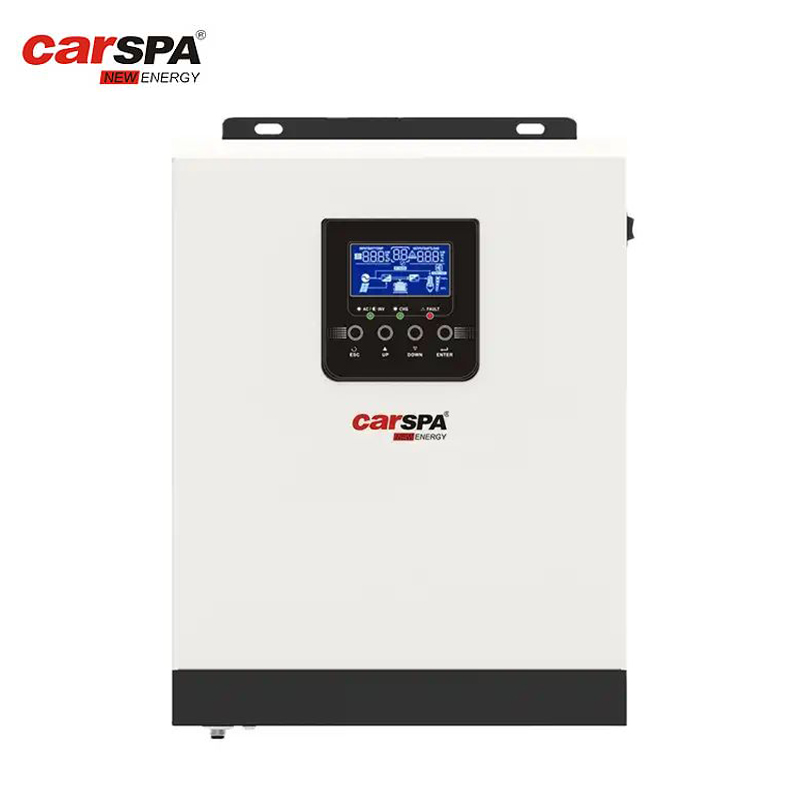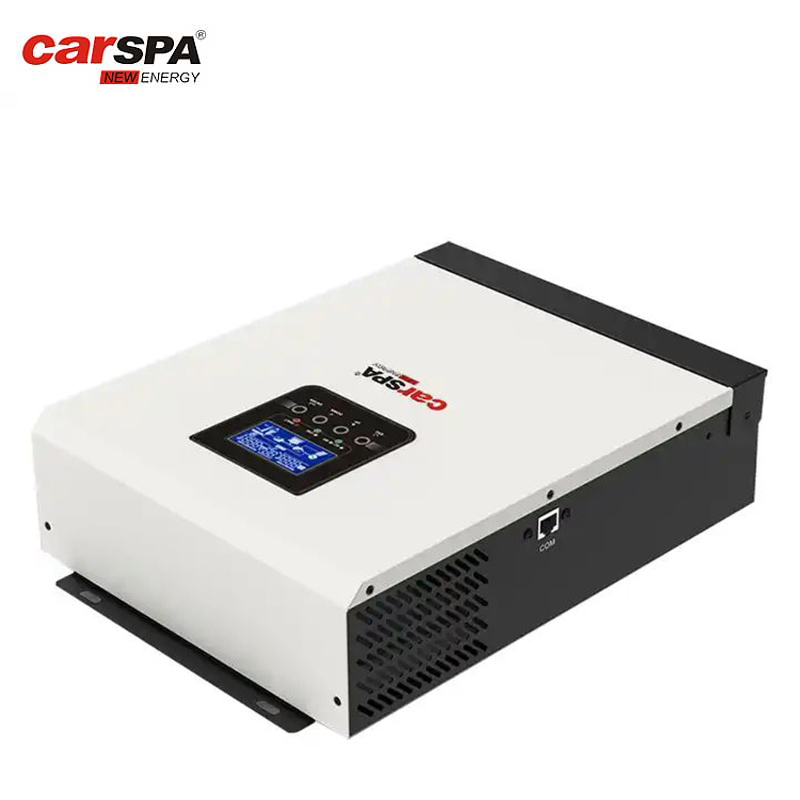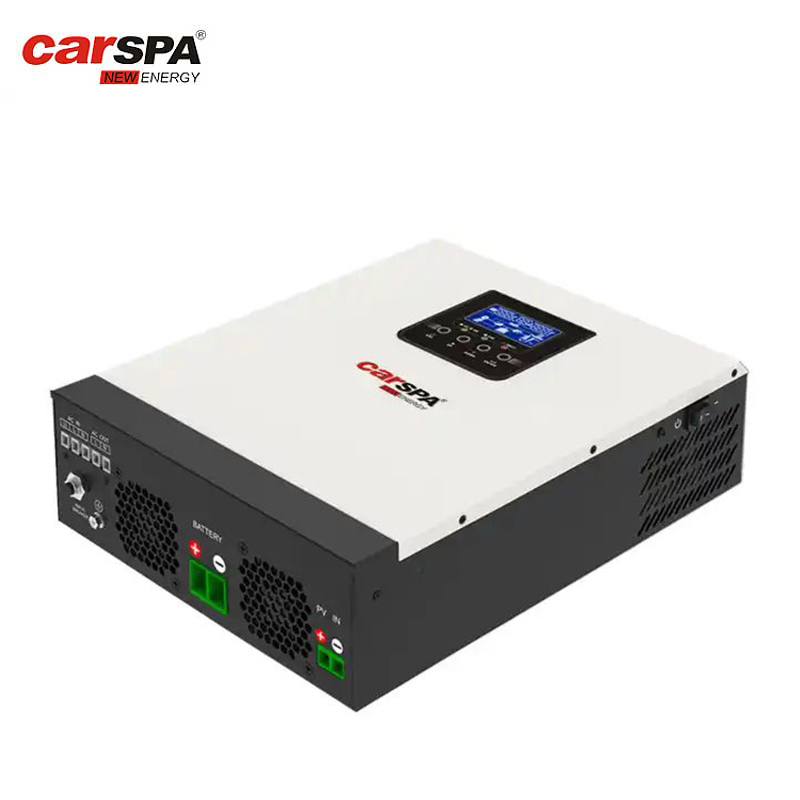How to choose RV solar charge controller?
What is RV solar charge controller?
The full name of the RV solar charger controller is the solar charge and discharge controller. It is a smart solar charge controller used in a solar power generation system to control the multi-channel solar battery array to charge the battery and the battery to supply power to the solar inverter load. It regulates and controls the charging and discharging conditions of the battery, and controls the power output of the solar cell components and the battery to the load according to the power demand of the load. It is the core control part of the entire photovoltaic power supply system. The controller's charge control and load control voltages are fully adjustable and can display battery voltage, load voltage, solar array voltage, charge current and load current. Almost all solar power generation systems powered by batteries are in great need of a solar charge and discharge controller. The role of the solar charge and discharge controller is to regulate the power delivered from the solar panel to the battery. Battery overcharging, at least significantly reduces battery life, from damaging the battery at worst to the point where it cannot be used normally.
What’s the function of RV solar charge controller?
Charging Regulation: The charge controller ensures that the RV battery is charged safely and efficiently. It monitors the voltage and current from the solar panels and adjusts the charging parameters to match the battery's requirements.
Overcharge Protection: One of the crucial functions of a charge controller is to prevent overcharging of the RV battery. It detects when the battery is fully charged and automatically reduces or cuts off the charging current to prevent damage to the battery caused by excessive charging.
Battery Protection: The charge controller safeguards the RV battery by preventing deep discharge. It monitors the battery voltage and disconnects the load when the voltage drops to a certain level, protecting the battery from being discharged too much, which can lead to reduced battery life.
Load Control: Some charge controllers have load control capabilities, allowing you to connect and control various loads in the RV, such as lights or appliances. The charge controller regulates the power flow to the loads, ensuring efficient utilization of the battery's stored energy.
Monitoring and Display: Many charge controllers provide monitoring features, including LED indicators or LCD screens that display important information such as battery voltage, charging current, and system status. This allows you to keep track of the charging process and battery condition.
Temperature Compensation: Advanced charge controllers may incorporate temperature compensation, where they adjust the charging parameters based on the temperature of the battery. This helps optimize the charging process and prolongs the battery's lifespan.
How to choose the right RV solar charge controller?
When choosing the right RV solar charge controller, make sure to consider capacity,MPPT or PWM type, voltage compatibility,features and characteristics, brand and quality, and budget. CARSPA, as an example brand, offers a range of RV solar charge controllers for you to choose from.
Capacity: Select an appropriate current capacity based on the battery requirements of your RV and the output current of the solar panels. CARSPA may offer charge controllers with different capacities for you to choose from.
Voltage compatibility: Ensure that the rated voltage of charge controller matches the voltage of your RV battery system. CARSPA typically provides multiple voltage options to accommodate different battery systems.
Features and characteristics: Consider additional features and characteristics of CARSPA charge controllers based on your personal needs. For example, CARSPA may offer charge controllers with features like temperature compensation, voltage display, load control, etc.
Brand and quality: Choose a reliable brand, and CARSPA is an example of a reputable brand known for high quality. Check user reviews and expert opinions to understand the performance and reliability of CARSPA charge controllers.
Budget: Select a suitable charge controller within your budget range. CARSPA typically provides options with different prices and features to meet various budgets and requirements.If you need to know more, please contact us.
MPPT or PWM:RV solar charge controller can be divided into two types, one is PWM charge controller, the other is MPPT charge controller.
.jpg)
PWM charge controller controls the charging process by rapidly switching the connection between the power source and the battery on and off at a fixed frequency. The controller adjusts the width of the pulses based on the battery's state and charging requirements to control the average charging current.
Advantages:
Cost-effective: PWM charge controllers are generally more affordable compared to MPPT charge controllers. They offer a cost-effective solution for basic solar charging needs.
Simplicity: PWM charge controllers are relatively simple in design and operation. They have fewer components and are easier to install and configure. They are suitable for users who prefer a straightforward and user-friendly setup.
Compatibility: PWM charge controllers are compatible with a wide range of solar panels and battery systems. They can work well with different battery voltages and are versatile in accommodating various system configurations.
Low standby power consumption: PWM controllers typically have lower standby power consumption, which means they consume less power when the system is idle or in a standby state. This can be beneficial in conserving energy and maximizing system efficiency.
Disadvantages:
Lower energy conversion efficiency: Compared to MPPT charge controllers, PWM controllers have lower energy conversion efficiency. They operate by switching the power source on and off in a pulsing manner, resulting in some power loss during the charging process.
Limited performance in low light conditions: PWM charge controllers may not perform optimally in low light conditions. They are less efficient at extracting power from the solar panels under reduced sunlight, which can lead to lower charging rates.
Inability to handle higher power systems: PWM charge controllers are suitable for low to moderate power systems. However, they may not be able to handle high-power solar setups efficiently. MPPT controllers are typically recommended for larger or high-power systems.
PWM charge controllers offer cost-effectiveness, simplicity, and compatibility It's important to note that compared to MPPT charge controllers, PWM charge controllers have slightly lower efficiency. This is because they charge using fixed voltage pulses and cannot dynamically track the maximum power point of the solar panels. However, for small-scale and low-power solar systems, PWM charge controllers are still an economical and practical choice.

MPPT charge controller utilizes a sophisticated algorithm to track and find the maximum power point (MPP) of the solar panel array. It continuously adjusts the operating parameters, such as voltage and current, to ensure that the solar panels operate at their maximum power output.
Advantages:
Higher energy conversion efficiency: MPPT charge controllers can dynamically track the maximum power point of the solar panel in real-time, maximizing energy conversion efficiency. In contrast, PWM charge controllers operate at a fixed voltage pulse, resulting in lower efficiency.
Strong adaptability: MPPT controllers can adapt to changes in temperature, light intensity, and battery status, effectively optimizing the charging process. They can provide more stable and consistent output power, even under non-standard conditions.
Efficient charging in low light conditions: MPPT controllers can still achieve high charging efficiency even in low light conditions. They are capable of generating higher current from lower voltage to fully utilize the potential energy of the solar panels.
Flexibility: MPPT charge controllers are suitable for solar panels with different power outputs and battery systems with different voltages. They can adjust charging parameters to accommodate different system configurations, providing greater flexibility.
Disadvantages:
Higher cost: MPPT charge controllers typically have a higher cost compared to PWM charge controllers. Due to their more complex circuitry and functionality, MPPT controllers are priced higher.
Complexity: The design and configuration of MPPT charge controllers are more complex, requiring more technical knowledge and expertise for installation and adjustment. In comparison, PWM controllers are simpler and easier to use.
MPPT charge controllers optimize the energy harvesting from solar panels by dynamically tracking the maximum power point. They offer higher efficiency, adaptability to different conditions, faster charging, compatibility with higher voltage panels, data monitoring capabilities, and system scalability. These features make MPPT charge controllers an ideal choice for maximizing the performance of solar power systems.
Does the wattage of the solar panel matter in choosing a charge controller?
Yes, the power of the solar panels does have an impact on the choice of charge controller. The power capacity of the charge controller should be able to accommodate the output power of the solar panels.
If the power of the solar panels is low, it is generally suitable to choose a charge controller with a matching or slightly higher power capacity. This ensures that the charge controller can handle the maximum power provided by the solar panels and effectively manage and optimize the charging process.
On the other hand, if the power of the solar panels is high, it is important to choose a charge controller with a sufficiently high power capacity. Otherwise, the charge controller may not be able to effectively handle the high power provided by the solar panels, resulting in energy loss or performance degradation.
Therefore, it is crucial to ensure that the chosen charge controller can accommodate the power of the solar panels. You should review the specifications and rated power of the solar panels and select a charge controller with an appropriate power capacity. Before purchasing a charge controller, read the product specifications and user manual to ensure that it can meet the power requirements of your solar system.
Conclusion, choosing the right RV solar charge controller is crucial for optimizing the performance and efficiency of your solar power system. By considering factors such as capacity, voltage compatibility, MPPT or PWM technology, features and characteristics, brand reputation, and budget, you can make an informed decision. Brands like CARSPA provide a range of charge controllers to suit various needs and budgets. Remember to carefully review product specifications, user reviews, and seek expert advice before making your final choice. With the right RV solar charge controller in place, you can harness the power of the sun to enjoy a reliable and sustainable energy source for your RV adventures.



